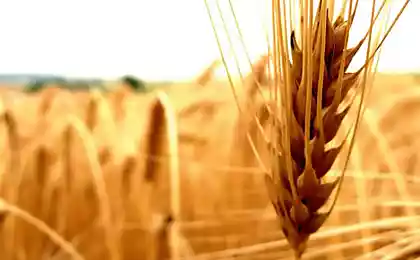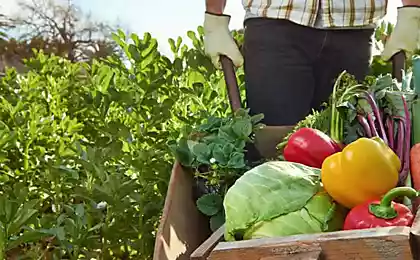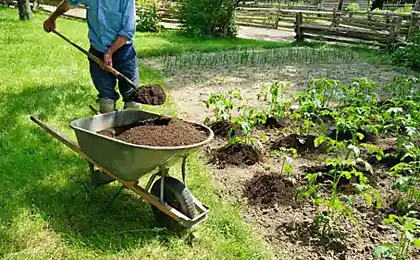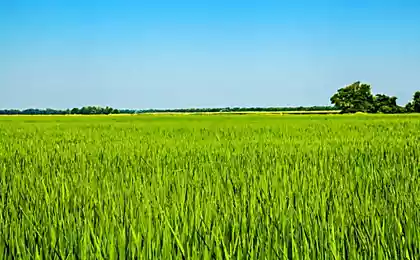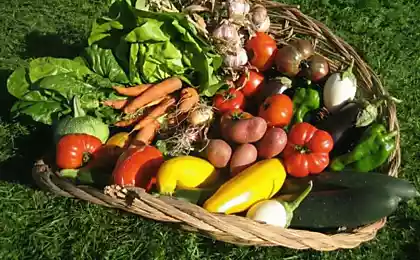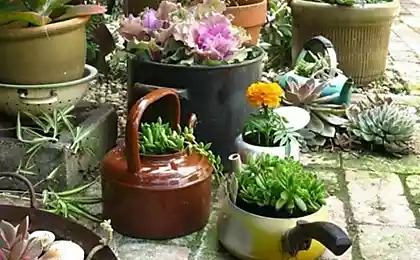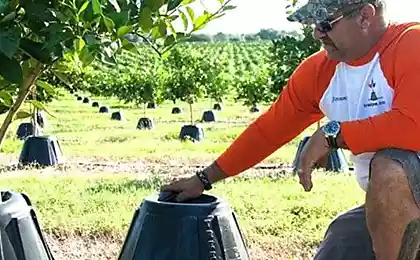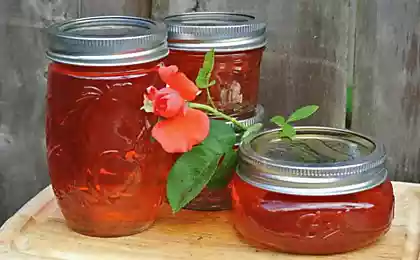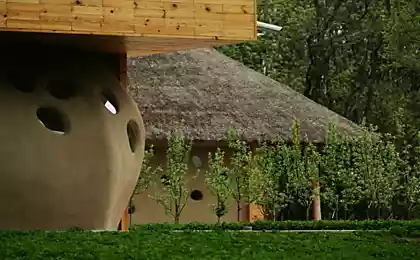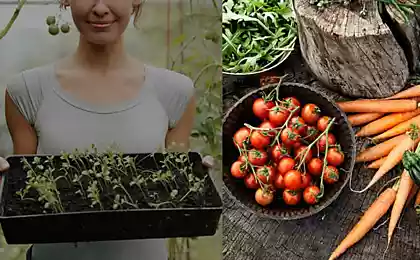173
Environmental farming rules
“Reasonable gardening should include: good fertilization of the soil, proper treatment of it during planting, keeping it clean of weeds and proper replacement of the fruit ...
One useless day lost in spring is not rewarded with three autumn days of hard work.”
Bulletin of the Russian Society of Horticulture, No. 1 (1864)
The basic rules of ecological farming are simple, their basis is the desire not to harm nature, preserve the natural environment and grow full-fledged tasty plants. So there are two sets of rules. Respect the land: give it more than you take away from it, and do not spoil it with chemical and synthetic substances. To do this, it is necessary to increase soil fertility by:
1. Applications of natural materials: compost, humus, peat, wood ash, dolomite flour, sapropel, bone, horn, blood meal, etc.
2. Agronomical techniques:
a. crop rotation
b. Sowing of siderates (green fertilizer)
c. Mulching
1. Do not use chemical, synthetic and other artificial substances either as fertilizers or as pesticides, herbicides, growth regulators.
2. For fertilizer use: compost, humus, plant infusions, wood ash and other natural materials.
3. To combat diseases and pests, use plant infusions, natural repellents, traps, agrotechnical techniques (combined planting, mulching, crop rotation, etc.)
4. Do not use for growing hybrids F1 due to the impossibility of natural production of seeds from hybrid vegetables and the lack of available information for each hybrid on how to obtain it.
5. To promote the preservation and revival of old varieties of vegetables, as well as local traditional varieties.
If necessary, it is permissible to use the following chemicals: Bordeaux mixture, Burgundy mixture, lime, iodine, colloidal sulfur, potassium manganese acid, soap, as well as bio-preparations, the basis of which are extracts from plants, in some cases - trace elements.
The original was taken to the shop.
Source: rodovid.me
One useless day lost in spring is not rewarded with three autumn days of hard work.”
Bulletin of the Russian Society of Horticulture, No. 1 (1864)
The basic rules of ecological farming are simple, their basis is the desire not to harm nature, preserve the natural environment and grow full-fledged tasty plants. So there are two sets of rules. Respect the land: give it more than you take away from it, and do not spoil it with chemical and synthetic substances. To do this, it is necessary to increase soil fertility by:
1. Applications of natural materials: compost, humus, peat, wood ash, dolomite flour, sapropel, bone, horn, blood meal, etc.
2. Agronomical techniques:
a. crop rotation
b. Sowing of siderates (green fertilizer)
c. Mulching
1. Do not use chemical, synthetic and other artificial substances either as fertilizers or as pesticides, herbicides, growth regulators.
2. For fertilizer use: compost, humus, plant infusions, wood ash and other natural materials.
3. To combat diseases and pests, use plant infusions, natural repellents, traps, agrotechnical techniques (combined planting, mulching, crop rotation, etc.)
4. Do not use for growing hybrids F1 due to the impossibility of natural production of seeds from hybrid vegetables and the lack of available information for each hybrid on how to obtain it.
5. To promote the preservation and revival of old varieties of vegetables, as well as local traditional varieties.
If necessary, it is permissible to use the following chemicals: Bordeaux mixture, Burgundy mixture, lime, iodine, colloidal sulfur, potassium manganese acid, soap, as well as bio-preparations, the basis of which are extracts from plants, in some cases - trace elements.
The original was taken to the shop.
Source: rodovid.me
10 facts about the benefits and harms of chewing gum
Electric car - thousands of kilometers on aluminum and water
